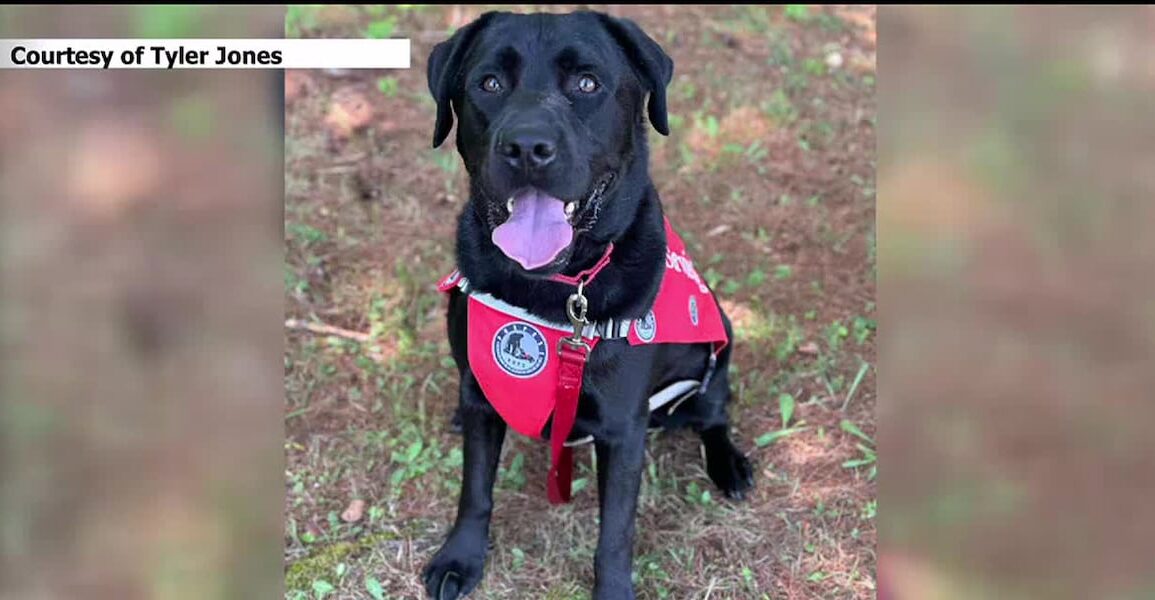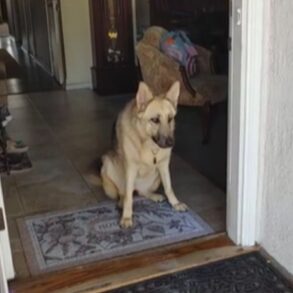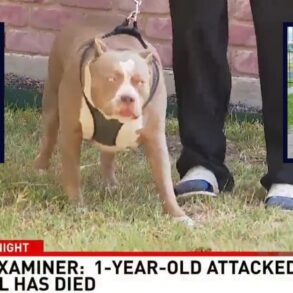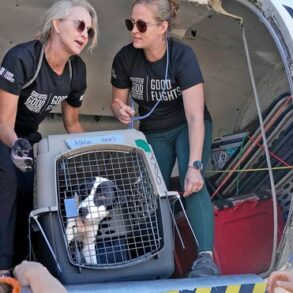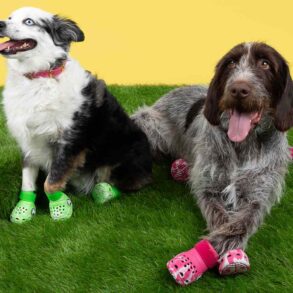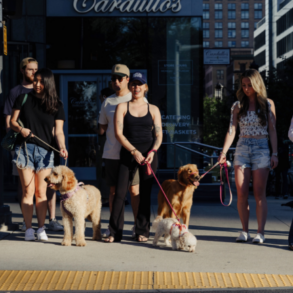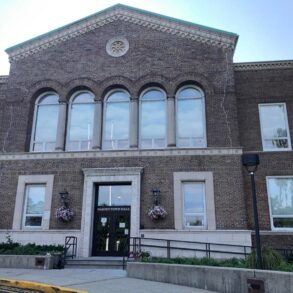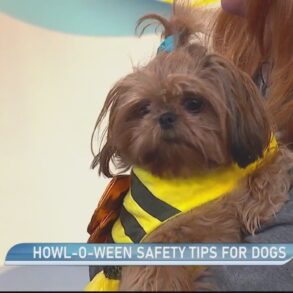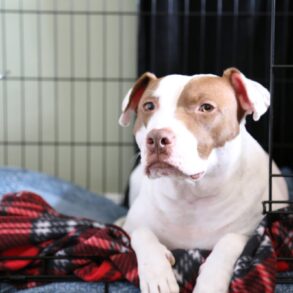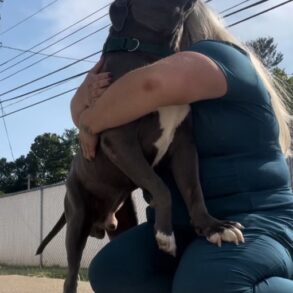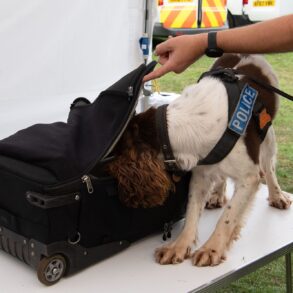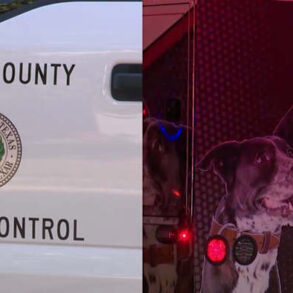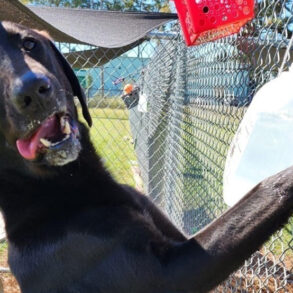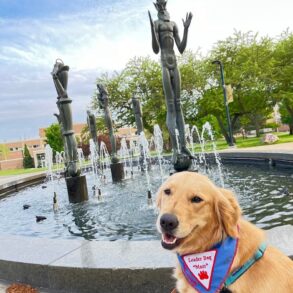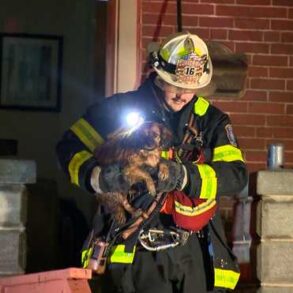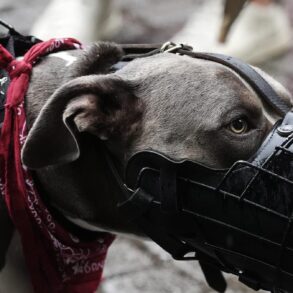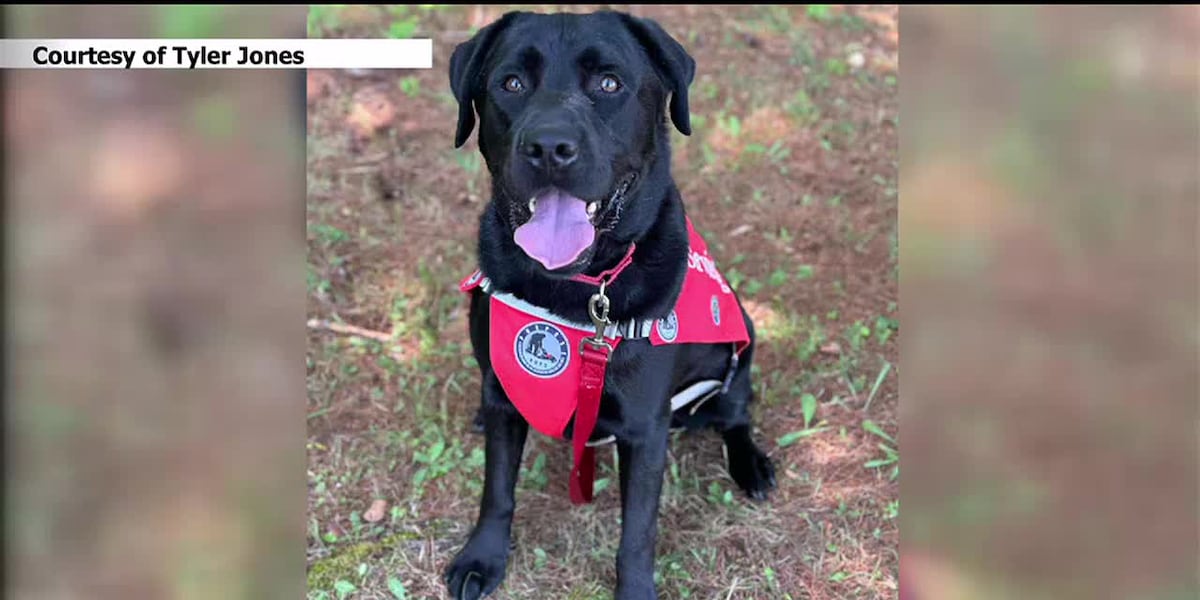
AROOSTOOK COUNTY, Maine (WAGM) – In 2016 the State of Maine made a distinction between service and assistance animals due to common confusion.
As per state definition, a service animal must be a dog that is trained to work or perform tasks for the benefit of an individual with a disability. These dogs are allowed in any place that’s open to the public.
Differently, an assistance animal can be any kind of animal that helps mitigate the effects of a disability. They may also be known as “emotional support”, “therapy” or “companion” animals.
Tyler Jones is a service and assistance dog trainer who owns Paws 4 Valor and Purpose Pups, both of which are based out of Newport. Jones previously operated out of Houlton, and explains what service and assistance dogs offer to the community.
“[The] technical definition of service dog or assistance dog is a dog that provides a service, whether it be physical or mental, that the client would otherwise be able to do without the assistance or support of that dog,” Jones says.
Only service dogs are legally protected to be in any public space, however, both service and assistance animals must be allowed in housing accommodations. Kit Thomson Crossman, the executive director of the Maine Human Rights Commission, provides an example.
“If you are living in an apartment and you have a letter that says ‘I need three assistance parrots’, you cannot bring your parrots to a restaurant,” Crossman explains, “but if you have a letter that says you need them and they mitigate the effects of a disability, or if the birds have been trained to do something that mitigates the effects of a disability, you are allowed to have them in your house.”
While landlords can choose to not accept pets, they cannot turn away a person for having a service or support animal as long as they have the correct paperwork from a licensed healthcare professional.
“The legal distinction is important – they’re not pets,” says Crossman. “Housing providers can ask for the letter, they can ask what the animal has been trained to do, but they can’t charge a pet deposit, they can’t get a tenants medical records, they can’t get specifics about the disability.”
In Aroostook County, there are limited resources for getting and training a service dog. Jones says the biggest demand for assistance animals in the county was for children with autism.
“As we know, the County kind of lacks in that kind of support for children with disabilities,” explains Jones. “There was a lot of demand for parents that wanted dogs for children to kind of come out of their shell.”
Both service and assistance animals provide necessary services to help disabled people live an equitable life.
More information about the rights of service or assistance animal owners can be found on the Maine Human Rights Commission website.
Copyright 2024 WAGM. All rights reserved.
This post was originally published on this site be sure to check out more of their content.



